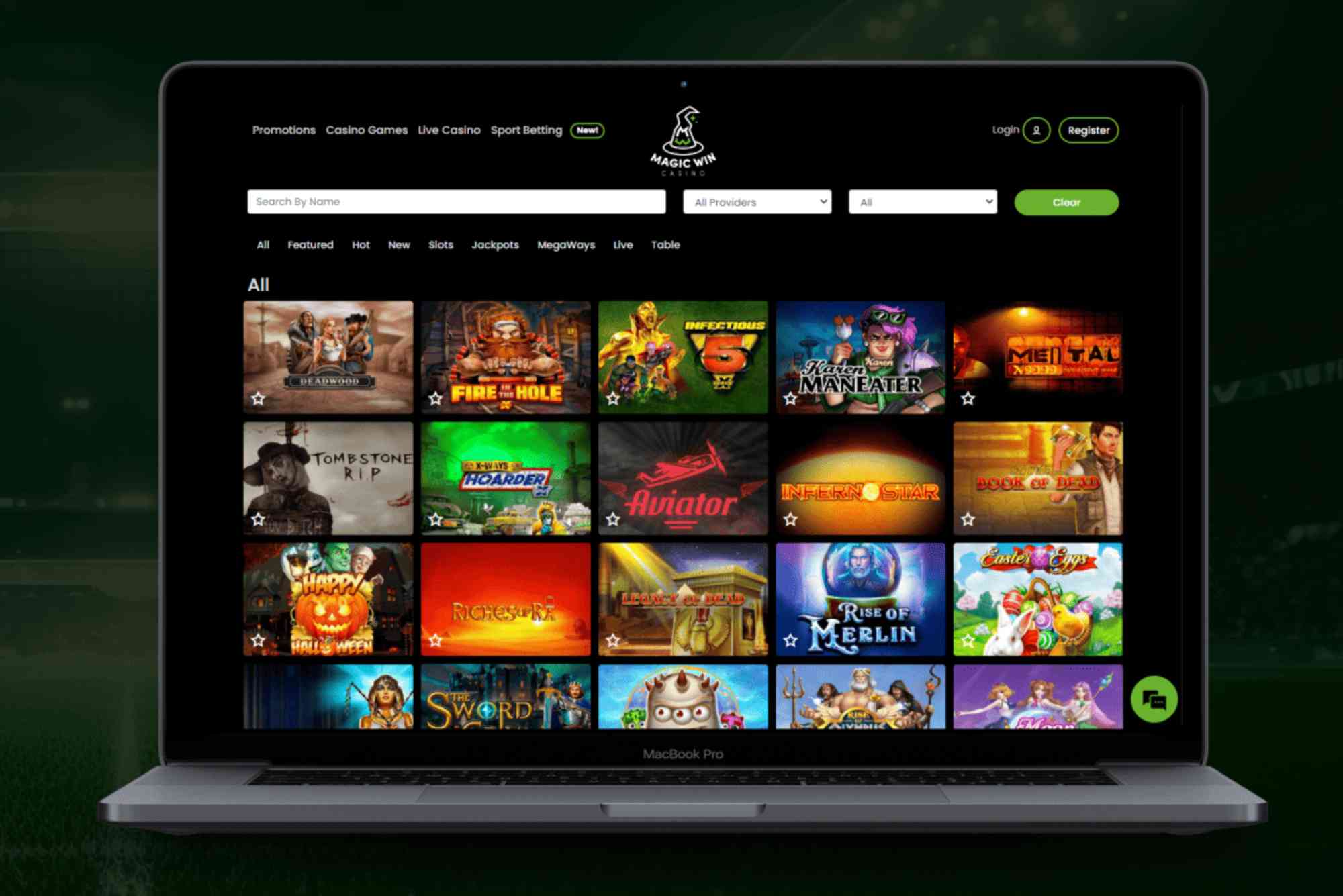The betting industry has always been shaped by innovation, from the smoky betting shops of the past to today’s sleek mobile apps offering wagers at the touch of a screen. One of the most interesting developments of recent years has been the rise of betting exchanges—platforms where players bet against each other instead of against the house. This shift has left many wondering whether betting exchanges could eventually replace traditional bookmakers altogether. The answer is not as straightforward as it might seem, and it lies in understanding the strengths and limitations of both systems.
How Betting Exchanges Work
Unlike traditional bookmakers who set odds and profit from player losses, betting exchanges allow users to act as both backers and layers. A backer bets on an outcome to happen, while a layer bets on it not to happen. Odds are set by the market itself, based on the interaction of supply and demand, with the exchange taking a small commission on winning bets.
This peer-to-peer model brings transparency and often better odds for players because there’s no built-in bookmaker margin. It also allows for greater flexibility, giving bettors the chance to lay outcomes and effectively take on the role of the bookmaker themselves. But while it sounds like a fairer system, betting exchanges also come with challenges. Liquidity, regulation, and user experience are major factors that influence their potential to replace traditional betting models.
Interestingly, this dynamic resembles the unpredictability of crash games, where players decide when to cash out before the multiplier drops. Both systems thrive on participation and market behavior, and their success depends on how users interact with each other rather than relying solely on a central authority.
Advantages of Betting Exchanges Over Bookmakers
The biggest advantage betting exchanges offer is often better value. Since odds are determined by players competing with each other, bettors frequently find more favorable lines compared to bookmakers. For serious punters, especially those who use data-driven strategies, this can mean higher long-term returns.
Exchanges also offer more control. Bettors can trade their positions, cash out early, or even profit from betting on both sides of an event. This trading-like element appeals to those who enjoy applying market strategies, almost blurring the line between betting and financial speculation. Transparency is another strong point. With every matched bet visible and no hidden margins, exchanges feel more open than traditional bookmakers.
Why Traditional Bookmakers Still Dominate
Despite these benefits, traditional bookmakers remain the industry’s giants for a reason. They provide unmatched convenience, liquidity, and accessibility. For casual bettors, the simplicity of fixed odds and promotions such as free bets and enhanced odds are highly attractive. Bookmakers also thrive on their brand recognition and customer trust, built over decades of operation.
Exchanges, on the other hand, often struggle with liquidity in less popular markets. If no one is offering to lay or back a particular outcome, bettors cannot place their wagers. This can frustrate users who are used to the instant availability of bookmaker odds. Additionally, exchanges tend to attract sharper bettors, which can make the environment intimidating or less profitable for casual players.
The Role of Technology and Regulation
Technology will play a big part in deciding whether exchanges grow strong enough to challenge bookmakers. Artificial intelligence and real-time data analysis are helping exchanges become more user-friendly, reducing the learning curve for new players. Mobile integration and faster interfaces are also making them more accessible.
However, regulation remains a significant hurdle. Governments and regulators often favor the established bookmaker model, which is easier to monitor and tax. Exchanges, being peer-to-peer, require different oversight, and this can slow their growth. In regions where regulators embrace innovation, exchanges are likely to thrive, but elsewhere, they may remain niche.
Can Exchanges and Bookmakers Coexist?
It’s important to remember that exchanges don’t necessarily need to replace bookmakers to succeed. Instead, the future could see both models existing side by side. Bookmakers will continue to attract recreational bettors with their simplicity, promotions, and instant liquidity, while exchanges will appeal to more strategic and value-driven players.
In fact, some traditional bookmakers are already adopting exchange-style features, such as cash-out options and dynamic odds, showing that hybrid models may become the norm. Rather than one system eliminating the other, the industry could evolve into a more blended marketplace where players choose the model that best suits their style.
Final Thoughts
So, can betting exchanges replace traditional bookmakers? The honest answer is probably not entirely. Bookmakers have too much cultural, financial, and regulatory weight behind them to disappear. However, betting exchanges represent a powerful alternative that challenges the status quo and offers players a fairer, more transparent environment.
In the next decade, exchanges are likely to grow significantly, especially as technology improves and more bettors seek value over convenience. While bookmakers will remain dominant, exchanges will carve out a larger share of the market, reshaping how people think about betting. Ultimately, the real winners are the players, who will have more choices, better odds, and greater control over their wagers.








